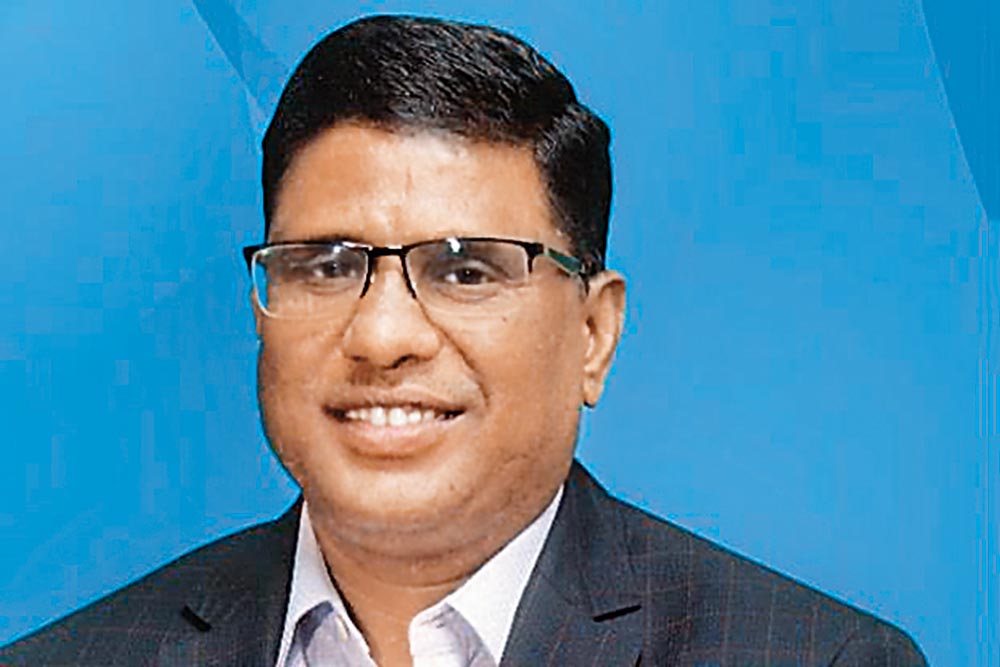One of my aunts (a homemaker) called me post demonetization in 2016 and said, “I had saved money from my household expenses over the years but in cash. I don’t know how to convert it to the new currency. I can’t inform your uncle as he wouldn’t allow me to save money like this going forward.” Another relative called me during covid last April saying that her husband was hospitalized, and she did not know how to access money in the bank or use their mediclaim policy as details of both were only known to her husband. In the third instance, the husband in his 50s, ran a business, and now suffers from dementia. His wife, a homemaker with two kids is left to fend for herself without knowing much about the business or the finances. All three instances are pressing reminders why money management skills are a ‘must learn’ for women.
Women play multiple roles from managing family to leading companies and some even lead nations. Despite this advantage, they are often discouraged from managing money as males prefer to make all investment decisions. A common reason cited is that men are better investors than women. Here’s why this is not true - there are several behavioral traits needed to be a successful investor like discipline, patience, resilience, focus, and diligence. Most women imbibe these traits and have the potential to be the ‘better half’ when it comes to investing as well!
The biggest reason why women should be financially independent is to be ready for any unforeseen financial situations like untimely demise of spouse, divorce, or medical emergency in the family. Another reason is women earners should have an idea about how their money is managed. Last but not the least, statistics show that women generally outlive men and hence they need to have a large enough post retirement wealth kitty.
To become financially independent, women can start with baby steps like preparing an income and expenses budget; visiting the bank for depositing cheques/ cash, passbook updates or accessing the locker; being a joint holder / nominee in bank/ investment accounts and transacting online using passwords. The next level is to insure your family for life and health; knowing your financial advisor who is like your ‘family doctor’ for your investments and getting involved in key investment decisions. Last but not the least, continuous learning from various online investor education content.
My aunt is a great saver, but she needs to invest and not just save, as inflation shrinks the value of money over time. It is imperative for her and other homemakers to invest and generate higher than inflation returns to maintain or grow purchasing power.
Where to invest? Traditional assured returns products from banks/ post offices are popular owing to their lower risk. But they also come with lower returns. For higher returns, gold and real estate are popular but a key drawback with real estate is affordability and lower liquidity while physical gold comes with purity issues.
Which avenues offer variety, liquidity, and lower ticket size? Mutual funds are a one stop shop with products across the risk and returns spectrum. They are affordable, professionally managed, well-regulated, and liquid. Besides, they offer variety, convenience, diversification, transparency, and tax efficiency. The products include Equity funds, Debt funds and hybrid schemes (mainly a mix of equity and debt). Equity funds have a higher risk-return potential followed by hybrid funds and debt funds. Equity funds are for long term goals while debt funds are for short term goals. One can invest in mutual funds from a few days to a few months to a few years or decades depending on one’s goal horizon and risk appetite. Systematic Investment Plan or SIP is the most popular mode to invest with a minimum investment of Rs.500 per month.
Let us celebrate the women in our lives (wife, mother, sister, daughter) not just on women’s day, but every day by financially empowering them. I close with this quote from American journalist Gloria Steinem, “We’ve begun to raise daughters more like sons, but few have the courage to raise our sons more like our daughters.”
Disclaimer
The information contained in this article is not a complete representation of every material fact regarding any industry, security or the fund and is neither an offer for units nor an invitation to invest. This communication is meant for use by the recipient and not for circulation/reproduction without prior approval. The views expressed are based on current market conditions and information available and do not constitute investment advice. Statements/ opinions/ recommendations in this document, which contain words, or phrases such as “will”, “expect”, “should”, “believe” and similar expressions or variations of such expressions, are “forward looking statements”. Actual results may differ materially from those suggested by the forward-looking statements due to risk or uncertainties associated with our expectations with respect to, but not limited to, exposure to market risks, general economic and political conditions in India and other countries globally, which have an impact on our services and / or investments.
Mutual Fund investments are subject to market risks, read all scheme related documents carefully.







